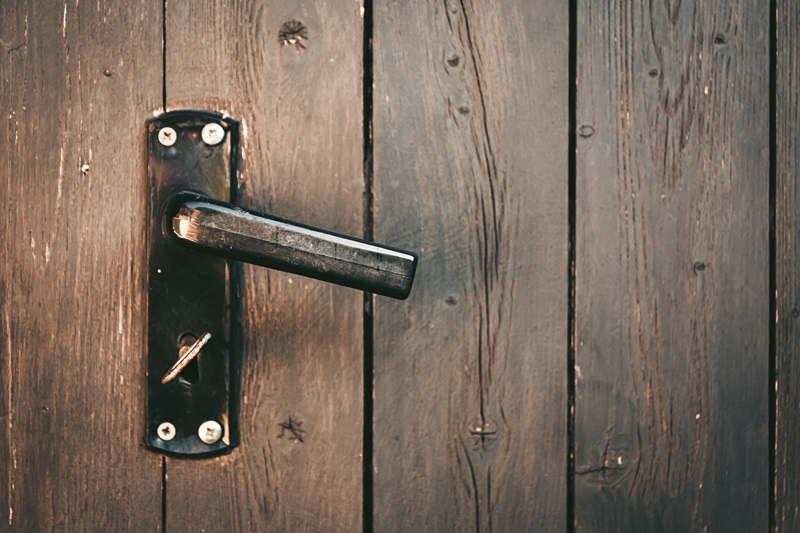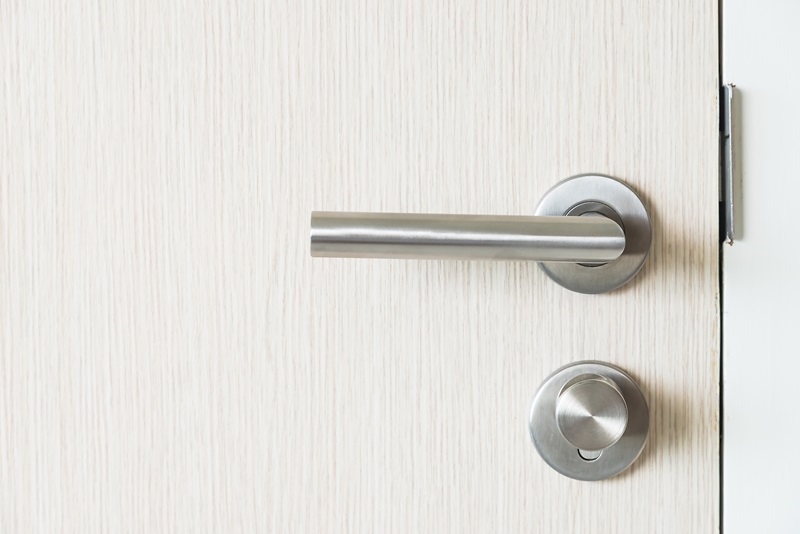The door swings open, softly clicking into place as the latch engages. Have you ever stopped to consider why this small, unassuming mechanism is so critical to our daily lives? Or why architects and contractors make careful decisions about which kind of latch to use based on varying factors, including the type of door, the aesthetic, and even the user's habits? What makes a certain latch more robust, more elegant, or simply more convenient?
Today, we're stepping behind that 'closed' door to demystify the world of the essential yet often overlooked pieces of hardware that are latches. We tend to pass them by each day without a second thought. Yet, believe it or not, the latch bears an immense function in performing major tasks in our homes, offices, and indeed everywhere else.
WHAT: Understanding Latches
Latches, the stalwarts of any door or gate, are simple mechanical devices that keep these barriers either opened or closed. Though most commonly used in doors, you'll find latches employed on windows, boxes, and even garden gates.
The most common types include spring latches, deadbolts, cam latches, draw latches, rotary latches, and slam latches, each offering unique benefits and solutions based on their design and operation principles.
Peeling back the layers of complexity behind these tools can help you select the right latch to meet your needs, whether that involves enhancing security in your home or ensuring a gate stays closed to keep children safe.

WHY: The Purpose Behind Different Latches
Why so many different types of latches? It all boils down to the functionality required. A heavy-duty latch like a deadbolt provides added security for external doors, where a simple tubular latch might suffice for an interior door where security is not a concern.
In industrial sectors, rotary and slam latches come into play due to their ability to withstand heavy-duty usage. Meanwhile, cam latches, with their compact size and versatility, are perfect for smaller spaces like cabinets or lockers.
In essence, the various types of latches cater to a plethora of functional and aesthetic demands, ensuring that there is 'the right latch' for every requirement.
WHEN: Choosing the Right Latch for Your Needs
Selection of latches depends on the intended usage. If you plan to equip a large door that is frequently used, a robust and durable latch like a deadbolt might be your best choice. For the little cabinet that hides your cookies, a simple cam latch will do.
Time and frequency are two important factors to consider. A latch expected to withstand constant use will require more robust construction materials and design.
It becomes crucial, then, to assess your needs correctly to ensure that the latch you choose serves its purpose efficiently and stands the test of time (and use!).
WHO: Latches and Accessibility
It may be surprising, but the selection of a latch can significantly impact the accessibility of a door, especially for the elderly, young children, or those living with different physical abilities.
For those with arthritic hands, a latch design that needs twisting or turning may prove challenging. In these situations, a lever handle latch design could be a better choice.
This detail underscores the importance of considering all potential users when choosing a latch.
PROS & CONS: Weighing the Options
Every latch design has its pros and cons. For instance, a deadbolt is known for its unbeatable security but may need proper maintenance to prevent any chances of jamming over time. A tubular latch is easy to operate and inexpensive but may not provide the needed security for an exterior door.
Considering these pros and cons can assist in taking a well-informed decision which ensures your spaces are not only secure but also user-friendly.

CONCLUSION: More Than Meets the Eye
While seemingly insignificant in the grand scheme of architecture and design, latches, as we've discovered, carry great weight. The careful selection of the type and design of a latch can improve the functionality, security and accessibility of the spaces we live in.
As we close the latch on this topic, remember that small elements can make big differences. Whether you're building from scratch or renovating, your selection in latches is just as important as the color of your walls or the type of flooring you choose. So the next time you hear that satisfying click as a door closes, remember, there's a whole universe of thought, design and engineering behind it.
